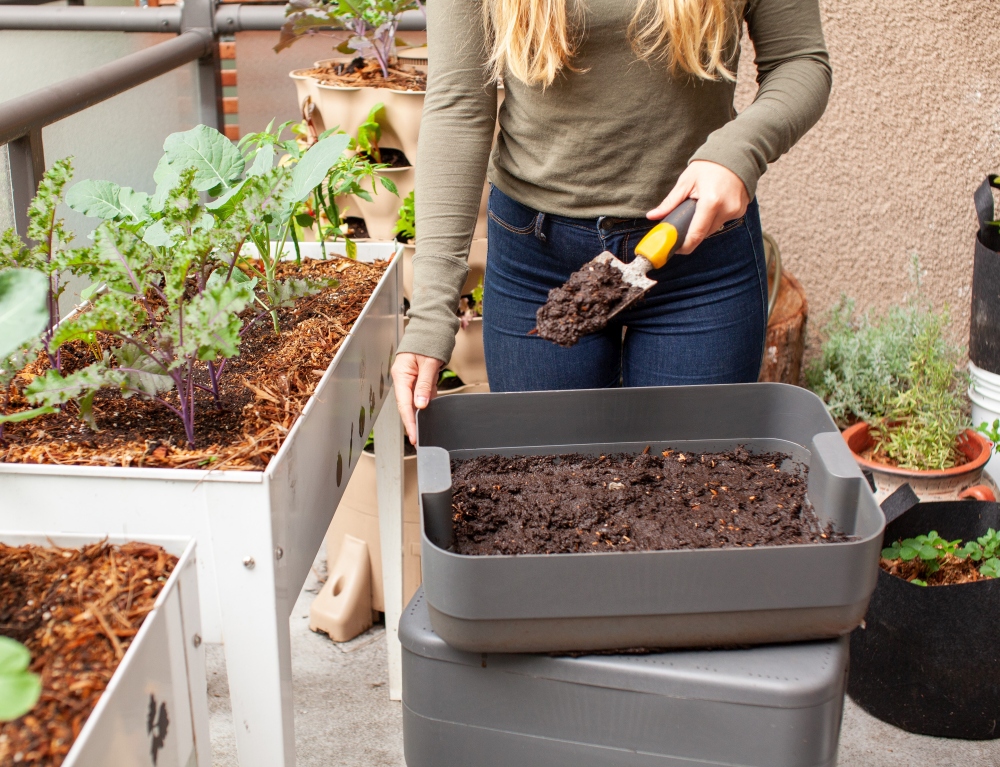
Is it possible to compost in an apartment? Of course, it is possible without any odor.
Composting has long been the domain of family houses. It's logical - the composter is placed in the garden, has contact with the earth, and the unpleasant smell of decomposing waste does not flow in your household. However, our knowledge has advanced, and we can reveal to you that you can also embark on composting in an apartment. You don't have to be afraid of an unpleasant smell. Because it can be done without it.

Vermicomposter - a stylish part of living and a warrior for healthy plants
If the idea of composting without odor interests you, we have a few tips for you that even owners of smaller apartments in the city will appreciate. Purchase a vermicomposter, which is now available in extremely stylish designs and will represent a valuable addition to your living. It traditionally consists of three parts - a container for liquid fertilizer, a container with biological waste from the household (vegetables, fruits, eggshells, ...) and a lid.
The vermicomposter is built on the work of earthworms, which take care of the decomposition of organic residues in the household. As with outdoor compost, the rule of plant residues (eggshells are green in this case) applies here too. The earthworms will take care of the creation of liquid fertilizer, which will accumulate in the bottom container.
The number of earthworms is also important. You will find many recommendations on how many you should have. However, we have a simple tip for you. Focus on the amount of waste, double its weight, and you will get the weight of the earthworms that should be in your home compost.
Special filters will help you to a household without smell
In case you are really afraid of the smell in the household, purchase a vermicomposter equipped with special filters. They will reliably take care of capturing the odor, which will not cause wrinkles on your face. We have no doubt that you will love home composting. Earthworms make valuable fertilizer from your waste, which you should dilute with water in a 1:1 ratio. You can feed it to houseplants, which will reward you with health and more frequent flowering.

